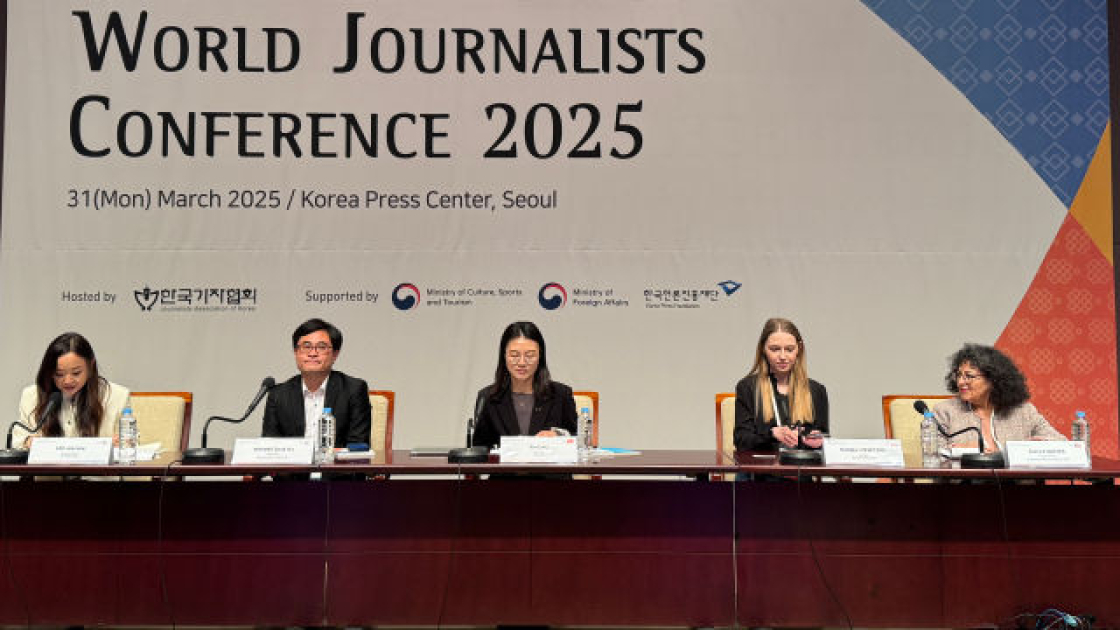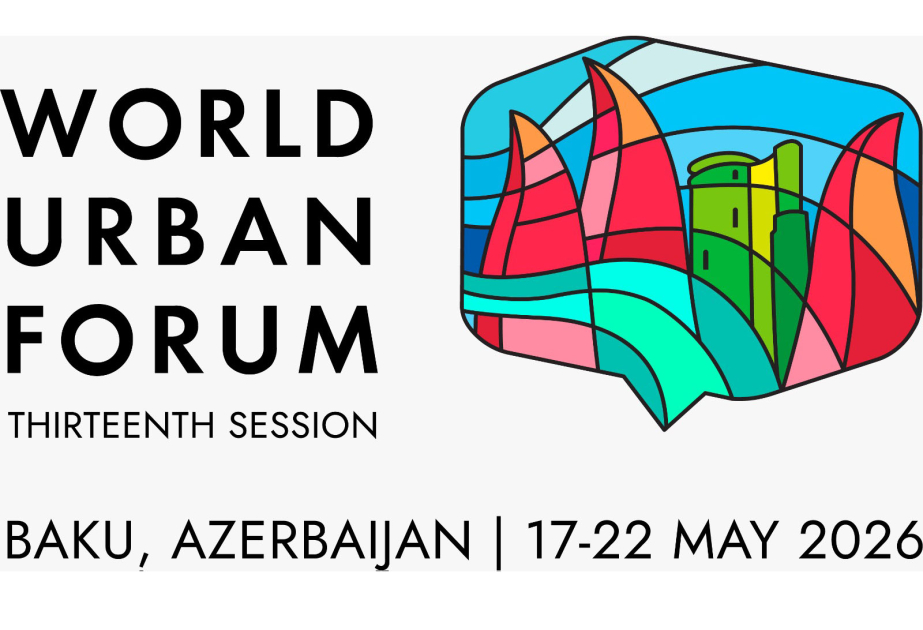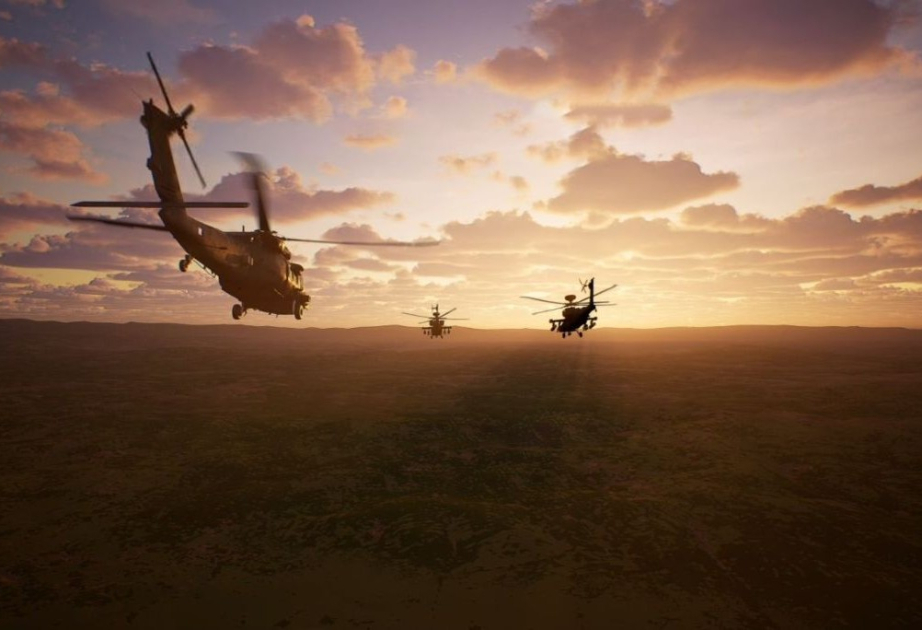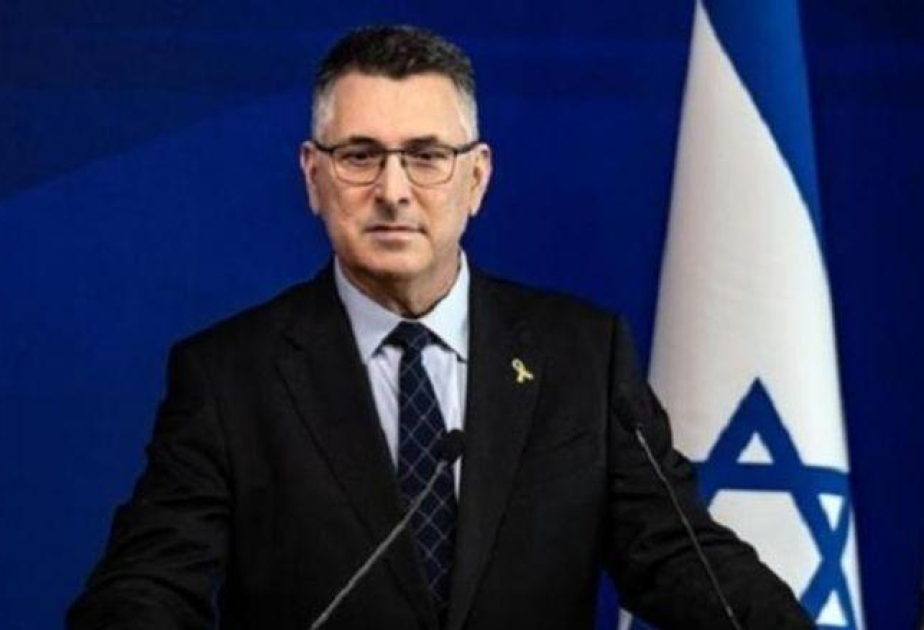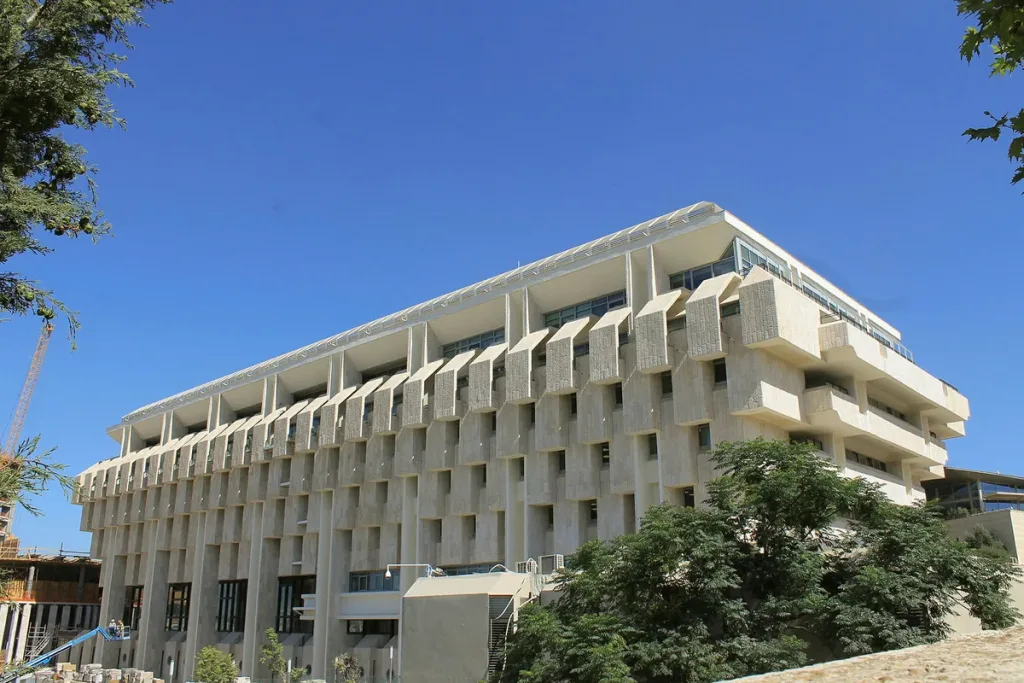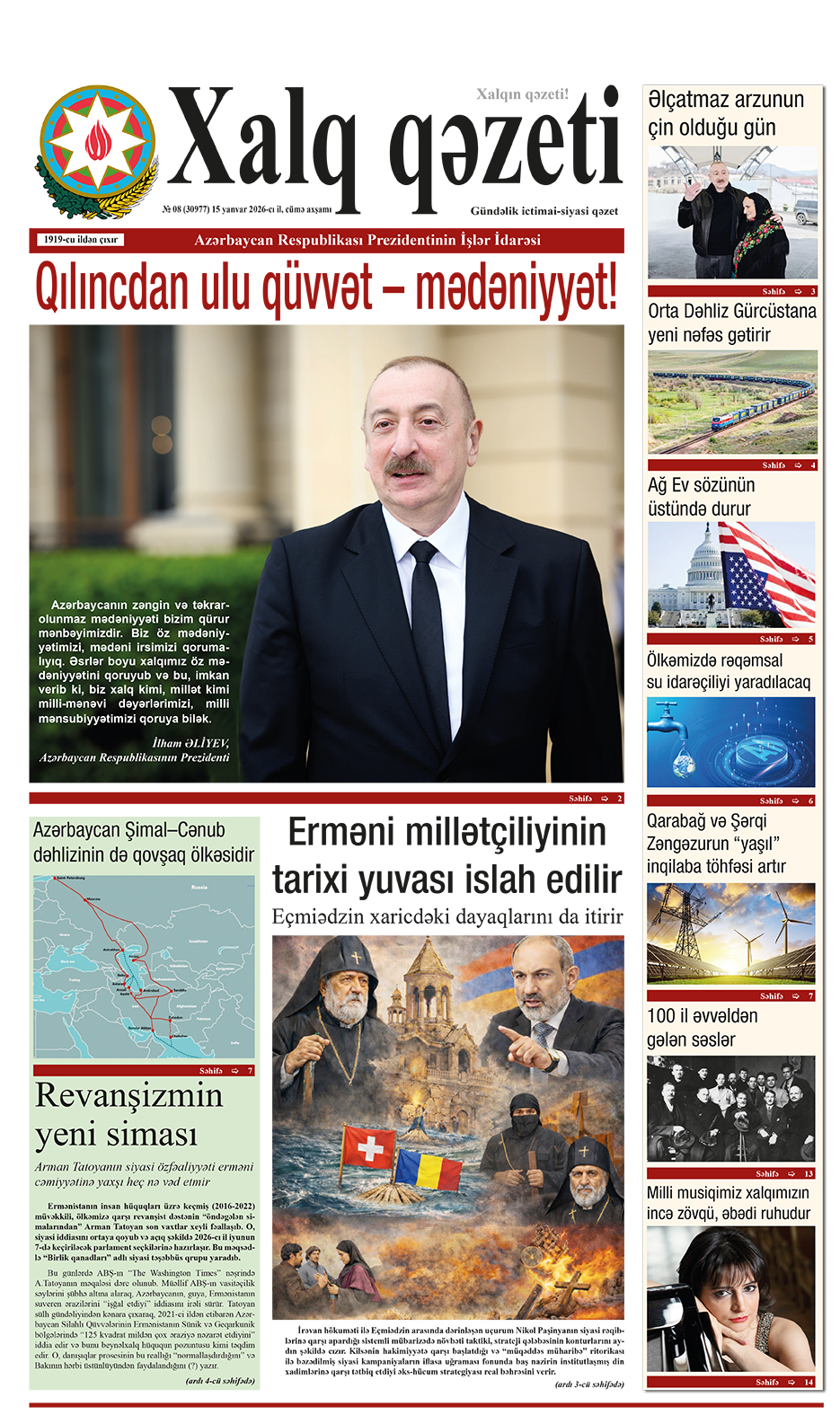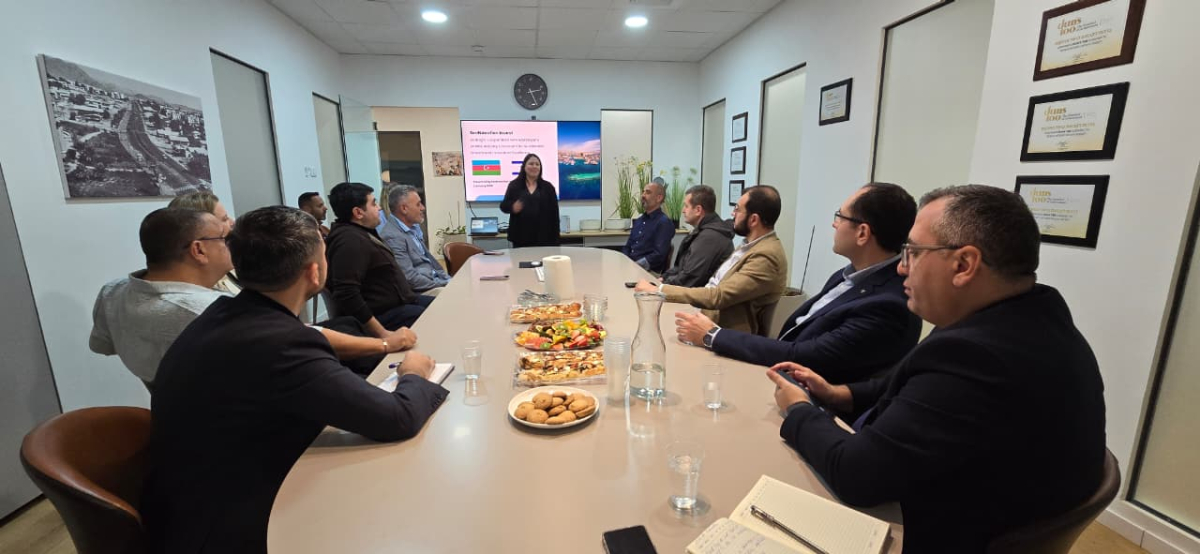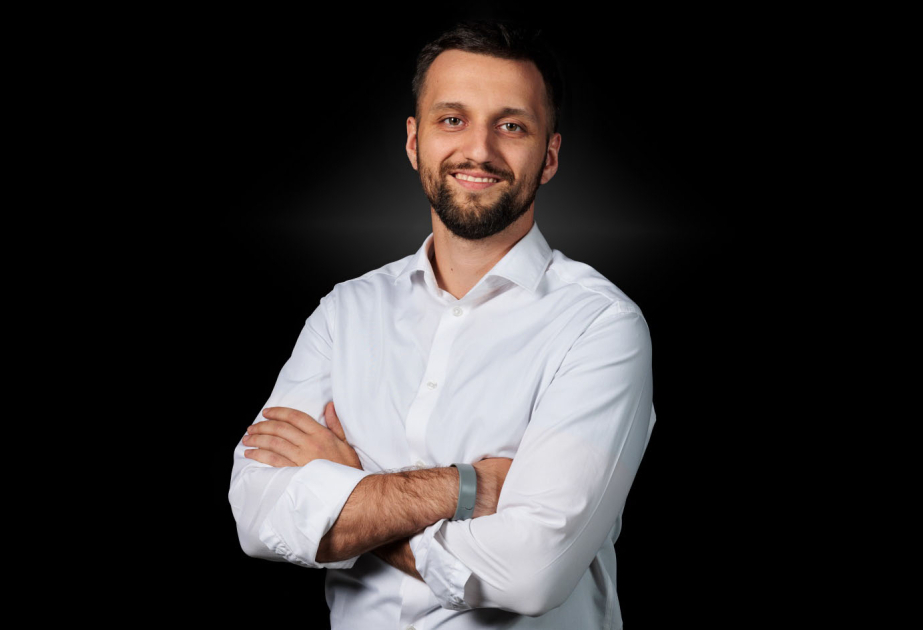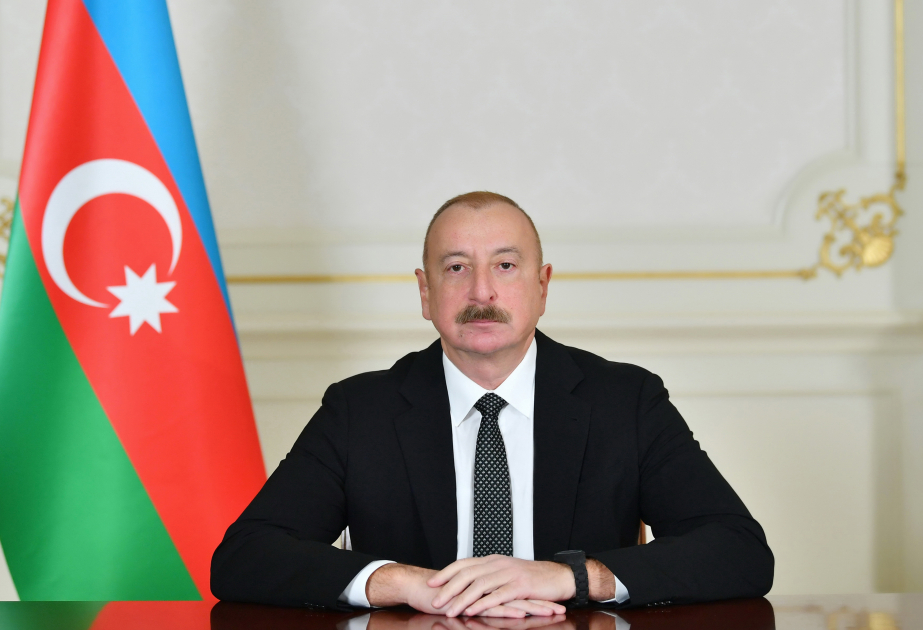The World Journalists Conference 2025 held in Seoul, the capital of the Republic of Korea, has ended.
Azerbaijan was represented at the event by Aydan Hasanli, an employee of the Azerbaijan State News Agency (AZERTAC).
At the official opening ceremony of the conference, Park Jong Hyun, President of the Journalists Association of Korea (JAK), informed the participants about the Association. He said that the Journalists Association of Korea supports establishing a meaningful dialogue among professionals. This year, the Association, which includes more than 209 organizations, will celebrate its 61st anniversary.
In his remarks, Woo Won-Shik, Speaker of the Korean National Assembly, noted that the event, attended by 63 journalists from 52 countries, will allow them to come together and discuss issues related to global challenges.
Addressing the panel session on the theme "Shaping the Future of Journalism in the AI Media Era: Copyright and Ethical Challenges," Lee Jon-hee, the moderator of the conference, editor-in-chief of the Korea Herald newspaper, highlighted the positive aspects of artificial intelligence. He said that AI makes it possible to produce news promptly and deliver it to a wider audience. “However, when using AI, we cannot just ignore the copyright. The algorithm cannot fight unethical activities,” Lee Jon-hee added. He said that artificial intelligence is reshaping journalism in the world again.
Cao Yin, a China Daily journalist, said that ChatGPT and Deep Fake have already entered all fields. Cao noted that artificial intelligence even plays a strong role in identifying criminals in China. At the same time, artificial intelligence also plays a key role in the spread of misinformation and in many cases, manipulates information.
Hwang Seok-ha, a representative of Busan Daily News, called on journalists to use artificial intelligence responsibly. He even said that they should disclose using the AI with transparency. “The AI is a powerful instrument. But protecting journalistic dignity is above all,” he added.
Natalia Szewczak, a representative of the Polish magazine “Business Insider,” said that the EU will never know the problems that people face in normal life: “AI will not be able to touch on these issues, will not be able to go to event and ask people difficult questions. However, it will be able to facilitate the work of journalists in matters such as translation and data analysis. Traditional media will play the role of a compass in the new world.”
Diana Fuentes, a representative of the US organization “Investigative Reporters and Editors,” stated that only journalists who cannot adapt to the new era may be in danger of losing their jobs. “In the past decades, when computers came to the newsrooms, people were afraid. But now everyone uses it comfortably. People are afraid again, but AI is not new. The term was first used by scientist John McCarthy in the 50s of the last century,” she added.
The event, which was attended by journalists from Türkiye, Ireland, Bahrain, Belgium, Kazakhstan, Spain, etc., featured trips to Jeju Island, the ancient city of Anseong, Suwon, and Sheung cities in Korea. The journalists visited historical architectural monuments, libraries and museums located here, tested a hydrogen-powered bus, and had the opportunity to get acquainted with the artificial lake located in the city of Sheung.


